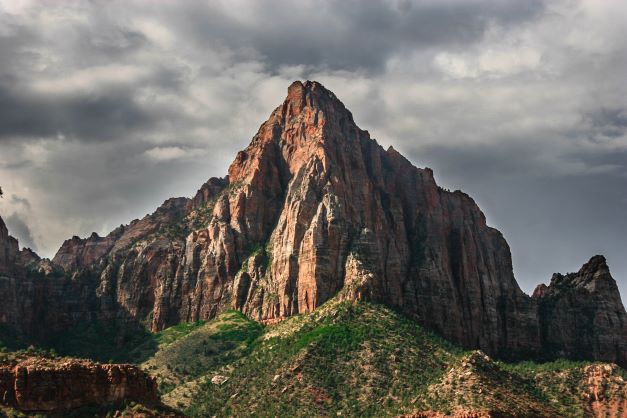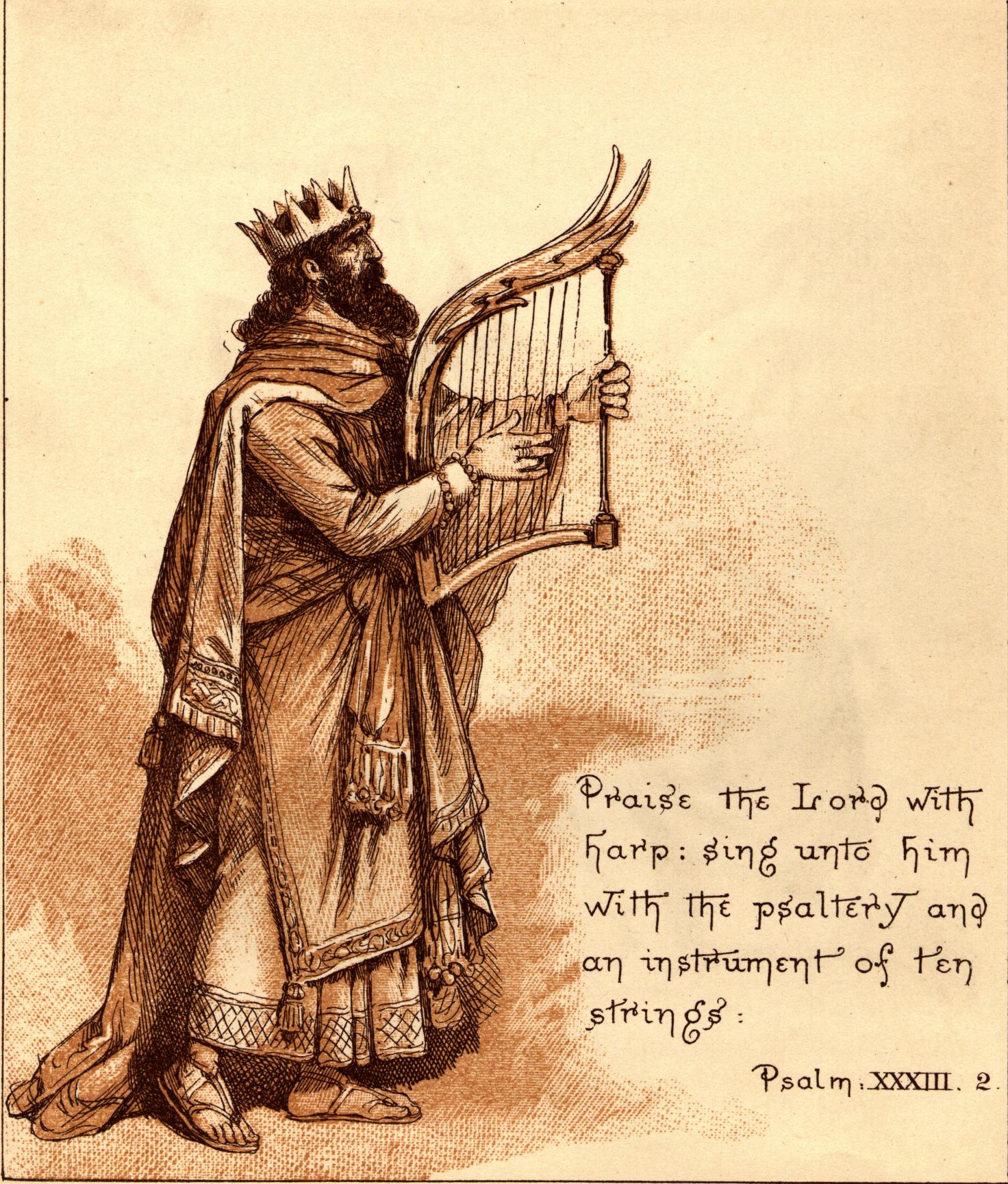Shabbat Gathering: Hineh Ma Tov: Dwelling Together.

Chevra, as is our custom, we will gather tonight at 5.45p to welcome Shabbat. Here are the coordinates:
Zoom
Meeting ID: 963 5113 1550
Password: 1989
Phone: +1 312 626 6799
Also, Friday night, April 15, is the first seder. I don't want to assume anything, but I'm guessing many of us will have plans, so I'm thinking we won't have our Shabbat Gathering that night. Let's all think about it and bring an opinion tonight. We have plenty of time to work it out.
(To unsubscribe from the email, click the link at the very bottom.)
Here we go.
A few weeks back, Theodore and Jude led us in Hineh Ma Tov and they did such a great job. It was wonderful to hear their voices join together. Hineh Ma Tov is a simple song based on one of the shortest Psalms, Psalm 133. And it doesn’t even use the entire Psalm, just the first verse:
How good and how pleasant it is
that brothers and sisters dwell together.
הִנֵּ֣ה מַה־טּ֭וֹב וּמַה־נָּעִ֑ים
שֶׁ֖בֶת אַחִ֣ים גַּם־יָֽחַד
The whole of Psalm 133 goes like this:
A song of ascents. Of David.
How good and how pleasant it is
that brothers dwell together.
It is like fine oil on the head
running down onto the beard,
the beard of Aaron,
that comes down over the collar of his robe;
like the dew of Hermon
that falls upon the mountains of Zion.
There the LORD ordained blessing,
everlasting life.
(Close readers will notice that we’ve updated/corrected the language so that it reads “brothers and sisters.”)

I get that the oil flowing over Aaron’s head and down to the collar of his robe is suppose to be a good thing, but… it kind of makes me squirmy and want to take a shower.
Then, there’s that business about Mount Hermon and Mount Zion. That baffled me so I went over to Sefaria for an answer. I found an explanation from Meir Leibush ben Yihiel Michel Wisser (1809 - 1879) who is better known, thank goodness, as the Malbim. To put it succinctly, the dew (Hashem’s blessing) has to pass through Mount Hermon (gentile folk), where it isn’t intended, in order to reach Mount Zion (Jewish folk) where it is intended. This, of course, opens the whole can of worms about “chosen-ness” and that’s a topic that doesn’t fit into this simple email and is actually a topic I’d prefer to avoid altogether.
So, I think that whoever came up with the idea of Hineh Ma Tov did a pretty good job separating the wheat from the chaff when drawing from Psalm 133. And, by the way, we don’t know who originally came up with the idea of Hineh Ma Tov. As far as I can tell, there isn’t a “lyricist” per se who said to themselves, “Hey, here are two lines that would make a good song. And I can’t find a composer for the music we use. It’s all been lost in the mists of time like so many of our traditions. So be it.
A few weeks back, when I was feeling low, Jess shared with our group that singing vibrates certain bones in our heads in such a way that can positively alter our mood. Songs like Hineh Ma Tov are a chance for us to come together to welcome Shabbos. Our minds, breaths, and souls are joined in a sacred vibration. Of all the things we do during the week, this may be the most therapeutic and holy thing we accomplish. Deliberately putting this into our lives is good for us individually, as a group, and, I propose, good our our wider community as it puts good and grace into the world around us.
And may it be for all of us a blessing. See you tonight!
All my love,
brian.